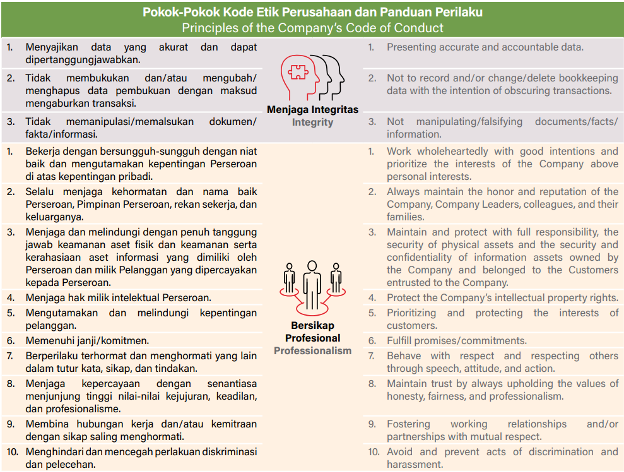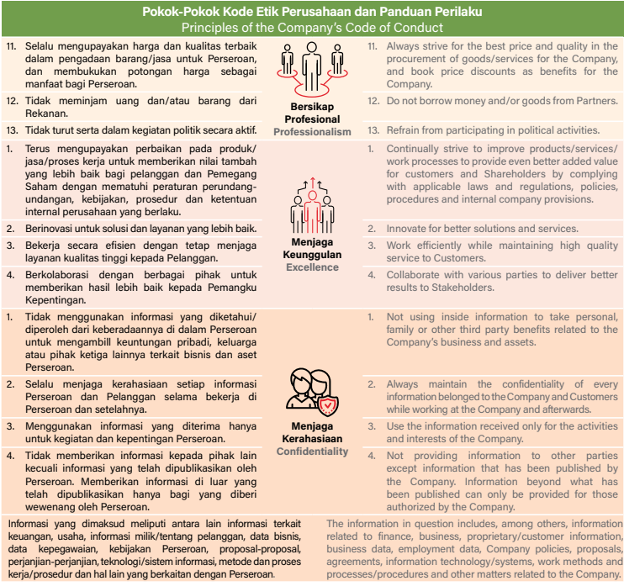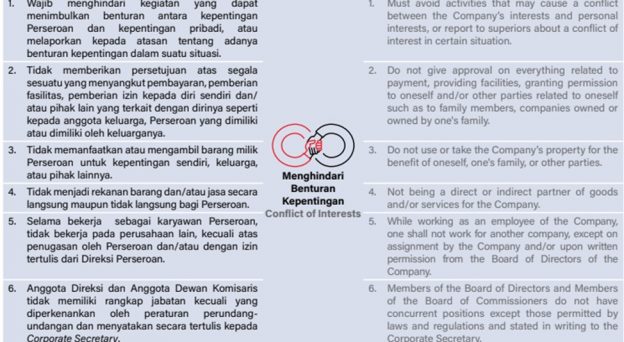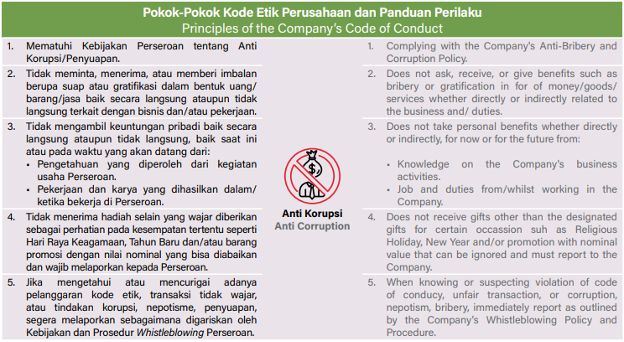Cloud computing has brought about a profound transformation in the world of technology and business. This provides a more cost-effective, efficient and adaptive solution, while also opening up new opportunities for future innovation and development.
Cloud computing is a revolutionary paradigm that is changing the way we understand and access computing technology. The future of cloud computing is filled with both exciting opportunities and challenges that need to be overcome.
Organizations that are able to combine wise utilization with readiness to adapt will reap substantial benefits from advancing technological innovation. Therefore, in order to understand it, explore the essence of cloud computing in shaping the future of technology through the article below!
Cloud computing is a revolutionary concept that has changed the way we understand and use computing technology. At its core, cloud computing involves providing computing resources, such as servers, data storage, databases, networks, and software, over the internet network. As a user, you no longer need to rely on complex and expensive physical infrastructure to run applications or store data. Instead, you can access all of this through the internet “cloud”, where the resources can be organized and customized according to your needs.
One of the most attractive aspects of cloud computing is the flexibility it offers. You can easily change the size of the resources you use, either increasing capacity when you need more computing power or reducing it when traffic decreases. Additionally, cloud computing also brings the concept of scalability, where companies can develop their technology solutions without having to worry about the physical limitations usually associated with traditional infrastructure.
Another advantage is global accessibility. With cloud computing services, you can access data and applications from anywhere as long as you have an internet connection. This enables more efficient collaboration in a constantly moving business environment, as well as eases access for individuals and organizations operating in a distributed manner.
Although cloud computing offers many benefits, there are also some challenges that need to be overcome. Data security and privacy remains a major concern, as data is stored and accessed over the internet. However, with the ongoing development of security technology, many cloud service providers have taken steps to ensure that customer data remains safe.
Follow Us



Newsletter
Follow Us








